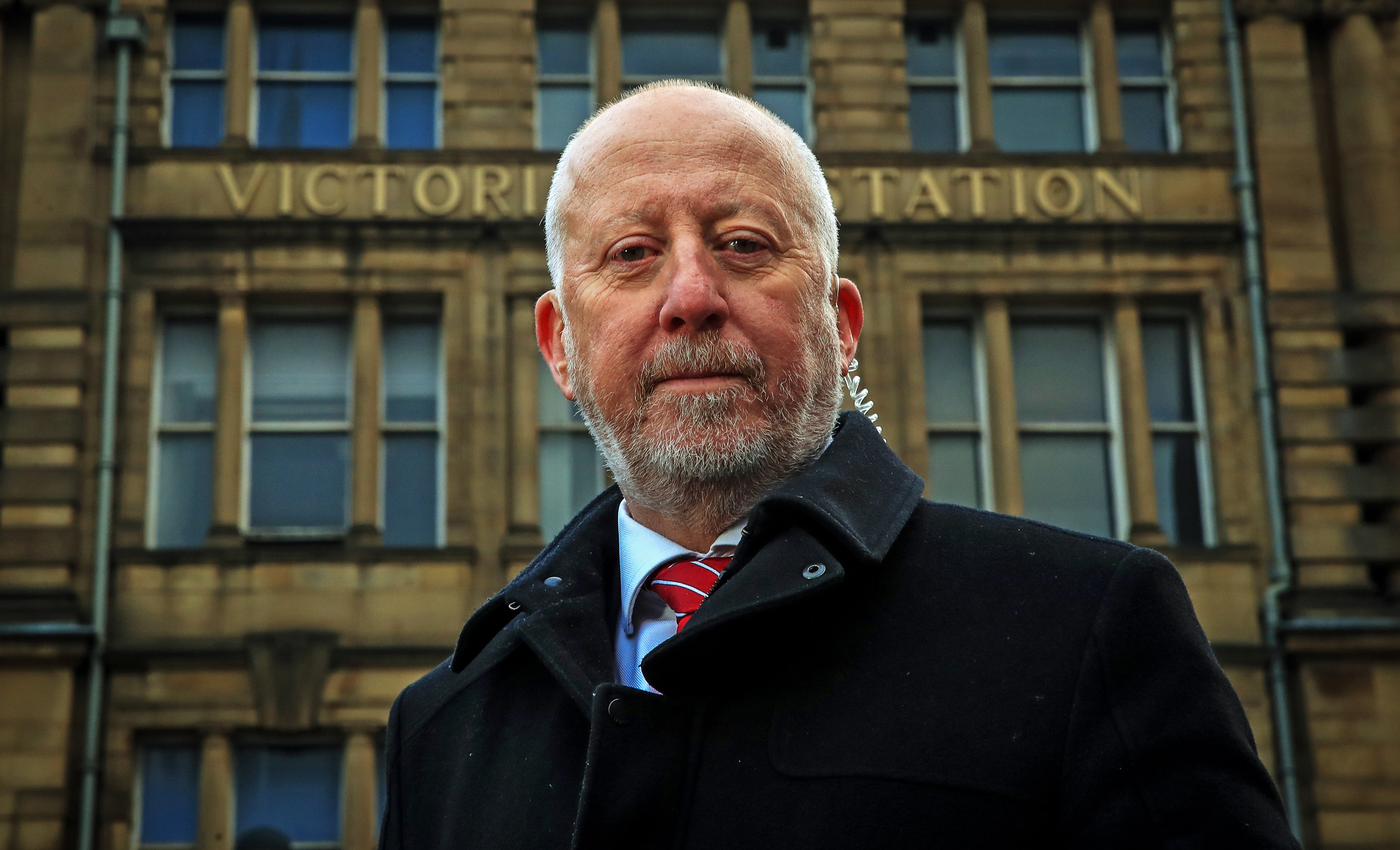MP remembers epileptic son as he makes emotional case for access to cannabis oil
Middlesbrough MP Andy McDonald said his son Rory died aged 16, 15 years ago.

Your support helps us to tell the story
From reproductive rights to climate change to Big Tech, The Independent is on the ground when the story is developing. Whether it's investigating the financials of Elon Musk's pro-Trump PAC or producing our latest documentary, 'The A Word', which shines a light on the American women fighting for reproductive rights, we know how important it is to parse out the facts from the messaging.
At such a critical moment in US history, we need reporters on the ground. Your donation allows us to keep sending journalists to speak to both sides of the story.
The Independent is trusted by Americans across the entire political spectrum. And unlike many other quality news outlets, we choose not to lock Americans out of our reporting and analysis with paywalls. We believe quality journalism should be available to everyone, paid for by those who can afford it.
Your support makes all the difference.A Labour MP was on the verge of tears as he said he wished he had had “the courage” to investigate whether medical cannabis could have saved his son, who died with epilepsy.
Middlesbrough MP Andy McDonald told the Commons about his son Rory, who died “when he was just 16 years old, 15 years ago”, and called on the House not to block measures which could help epileptic children today.
The MP’s plea came during a debate on the Medical Cannabis (Access) Bill, which sets out measures to provide better access and medical evidence for use of the treatment.
Mr McDonald said: “We were confronted with our beloved Rory locked in status and I recall so vividly calling the ambulance and having him whisked off to hospital where a consultant told us that we had better call a priest.”
His voice wavering, he added: “Then for all of us, my wife Sally, my son Paddy, and my daughter Rosie, holding Rory as he died.
“I never want to have any of those families to suffer such an outcome. I just bitterly regret that I have not shown the courage and the determination of people like Hannah Deacon in securing that medication for her child.
“Oh how I wish I had been as wise as she.”
Ms Deacon is the mother of epileptic boy Alfie Dingle, in receipt of a cannabis oil medicine, who has campaigned for wider access to the treatments.
Mr McDonald said he does not know if medical cannabis would have helped his son, but added: “I beg members not to talk this Bill out today, as they have been instructed to do, but to do the right thing and help taking this small step today to help remove one of the barriers that are placed in the way of people so desperately in need of these treatments and give them access to this life-changing, and indeed life-saving, treatment.”
Jeff Smith, the Labour MP who sponsored the Bill, told MPs: “Significant numbers of people who would benefit from being prescribed medical cannabis on the NHS aren’t able to get the prescriptions that they need.”
The Manchester Withington MP said just three prescriptions for cannabis-based medicines have been issued since the treatment was legalised in 2018, adding he has been told there are around 10,000 private prescriptions in the UK.
Mr Smith said some people “pay a fortune” for private prescriptions, while others are becoming “medical cannabis exiles” in the Netherlands where cannabis oil treatment Bedrolite is more easily available.
The MP’s Bill proposes a new commission on medical cannabis, which could give doctors and NHS bodies “more confidence in the evidence for prescribing these particular unlicensed medicines”.
The commission would investigate alternative methods of testing the drugs as randomised controlled testing, the current “gold-standard” of medical evidence for drug testing, is “not suitable” for “whole plant extract” cannabis-based medicines, according to Mr Smith.
The Bill also seeks to create a register of GPs with specialist knowledge to prescribe the treatments.
Conservative MP Katherine Fletcher (South Ribble) said: “I think it is shaky ground for elected individuals to get into a position where we are strongly incentivising the system to tell medically qualified people who have taken an oath what to do.”
She added the Bill’s proposed commission did not follow established methods of medical testing and may not provide a “positive evidence base”.